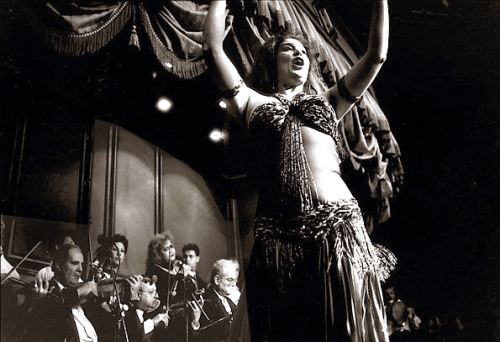Robert Schumann’s celebrated assessment of Frédéric Chopin—“Hut ab, ihr Herren, ein Genie!” (Hats off, gentlemen, a genius!)—appeared in his 1831 review of Chopin’s variations on “Là ci darem la mano”, op. 2. This rhapsodic description, cast as a conversation between imaginary characters, somehow reached Chopin’s hands. While relations between the two composers were cordial, a letter from Chopin to a friend hints at his unvarnished reaction:
“I received a few days ago a ten-page review from a German in Kassel who is full of enthusiasm for [the variations]. After a long-winded preface he proceeds to analyze them bar by bar, explaining that they are not ordinary variations but a fantastic tableau. In the second variation he says that Don Giovanni runs around with Leporello; in the third he kisses Zerlina while Massetto’s rage is pictured in the left hand—and in the fifth bar of the Adagio he declares that Don Giovanni kisses Zerlina on the D-flat…I could die of laughing at this German’s imagination.”
This according to “Schumann and Chopin: from Carnaval to Kreisleriana” by Judith Chernaik (The musical times CLVII/1934 [spring 2016] pp. 67–78).
Below, Alice Burla performs the work in question.





